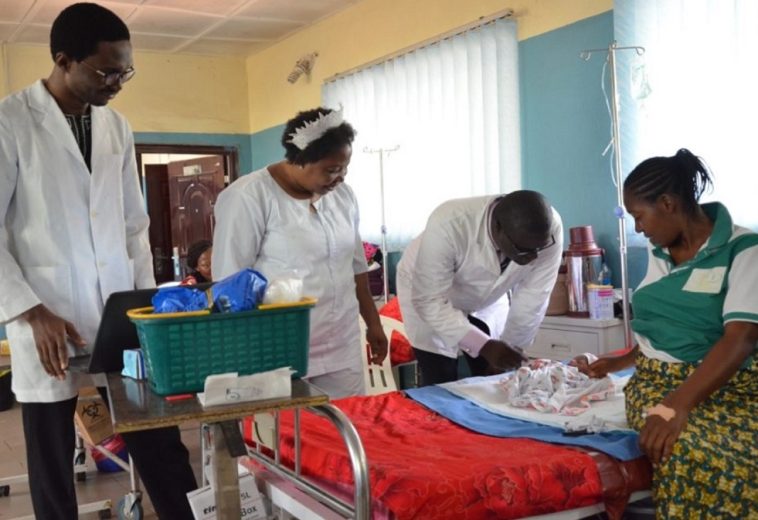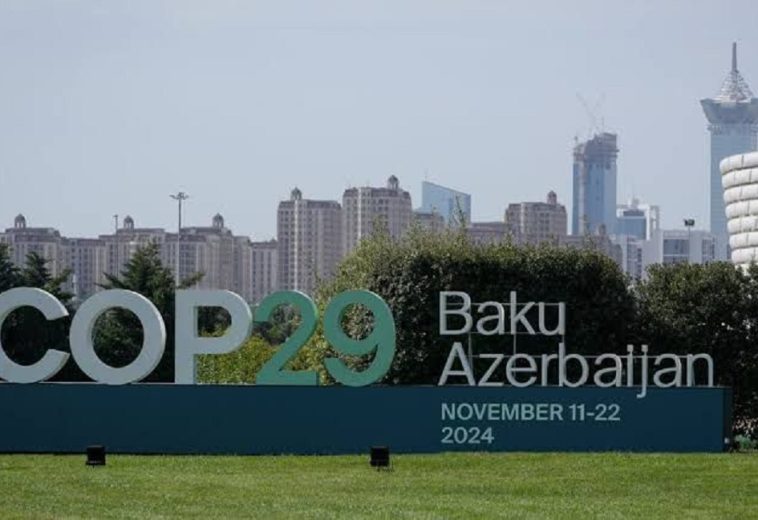Africa has achieved a historic footprint by becoming a permanent member of the G20 Summit; a significant moment in the continent’s global engagement.
In September 2023, the African Union (AU) was granted a permanent seat at the prestigious G20 table. This achievement signals Africa’s readiness to influence global priorities and engage in international discussions on critical challenges like climate change, debt relief, and equitable taxation. But, does this development promise transformative gains, or is it merely a symbolic gesture?
The Long-Awaited Seat
For decades, Africa’s voice in global economic affairs has been overshadowed by the dominance of larger economies. With its permanent membership in the G20, Africa finally has a platform to engage with the world’s most powerful economies.
READ ALSO:http://COP29: Africa’s notes from Baku
Representing over 1.4 billion people and 54 nations, the AU’s inclusion grants the continent an opportunity to advocate for fairer financial reforms. At the 2024 G20 Summit in Rio de Janeiro, African leaders highlighted issues central to their citizens, including debt restructuring and climate finance. This hints at a future where Africa not only participates but takes a leading role in shaping the global agenda. As South Africa’s President Cyril Ramaphosa eloquently stated at the summit’s closing ceremony: “The inclusion of the African Union as a permanent member of the G20 signals a significant moment in our continent’s history. It affirms the importance of Africa’s voice in tackling global challenges and advancing shared prosperity.”
With South Africa as the only individual G20 member from the continent, this new role also serves as a precursor to its presidency of the G20 in 2025.
Symbolism or Substance?
Does this G20 membership a genuine leap forward, or is it a decorative accolade? Critics argue that the G20 has historically prioritised consensus over action, raising doubts about the practical outcomes of Africa’s inclusion.
Nevertheless, it is true symbolism that matters. For Africa, being part of the G20 is more than just optics—it’s about rewriting the narrative of exclusion and showing the world that the continent has the capacity to drive change.
Nigerian President Bola Ahmed Tinubu captured this sentiment during his G20 address, saying:
“Our invitation to the G20 is a signal that Africa has transitioned from being a side character in the story of the world to becoming one of its lead actors. We are here to contribute meaningfully to solutions, not just to partake in discussions.”
A Rising Tide or a Gentle Ripple?
The African Union’s presence at the G20 provides a stronger platform to address urgent issues like debt sustainability. As of 2024, Africa holds over $700 billion in external debt, with nations like Zambia and Ghana navigating tumultuous debt restructures. Through the G20, African leaders are pushing for debt relief frameworks that alleviate long-term economic burdens.
Additionally, Africa’s vulnerability to climate change has made climate finance a rallying cry. Leaders like South Africa’s President Cyril Ramaphosa have called for the fulfilment of the $100 billion annual climate finance pledge, which remains a distant promise. President Tinubu emphasised this in Rio, urging the G20 to take decisive action: “For too long, the burden of debt has crushed our dreams. Debt relief must go beyond restructuring; it must be a pathway to sustainable development, allowing us to focus on building industries, educating our people, and addressing poverty.”
The G20’s recent debt suspension framework offers some hope, but African leaders will need to ensure that such policies lead to tangible outcomes.
South Africa’s G20 Presidency
South Africa’s upcoming G20 presidency in 2025 presents a golden opportunity to champion Africa’s agenda on the global stage. As the only African nation to hold individual G20 membership, South Africa will focus on poverty eradication, tackling inequality, and ensuring fair energy transitions. President Ramaphosa laid the groundwork for this vision in Rio, saying:
“South Africa’s presidency of the G20 will focus on the needs of the Global South, ensuring that Africa’s priorities are at the forefront of the international agenda. Together, we can build a more equitable and sustainable world.”
A Seat at the Table
Africa’s inclusion is a cause for celebration, but it comes with the weight of responsibility. While Nigeria was invited as an observer to the 2024 Summit, this limited participation highlights the need for coordinated leadership. Africa must arrive at the G20 with unified strategies that translate aspirations into actionable plans.
President Tinubu’s call to action serves as a reminder of what is at stake:
“Africa must rise as a united force, not as a fragmented collection of states. This is our moment to rewrite the rules of engagement and demand a fairer global order.”
Turning Symbolism into Reality
Africa’s G20 membership is not an endpoint; it is the beginning of a journey. The challenge lies in ensuring that this symbolic victory translates into real, measurable progress. From equitable trade policies to innovative solutions for energy transitions, Africa’s leaders must use this platform to drive a renaissance that benefits not just the continent but the world. In the words of President Ramaphosa: “The future of Africa is the future of the world. Together, we will chart a path to shared prosperity, leaving no one behind.”
Africa’s G20 membership is both a symbolic victory and a stepping stone toward tangible gains. While challenges abound, the continent now has the stage to amplify its voice and steer the global narrative. Whether this new role will translate into real, measurable outcomes depends on Africa’s ability to capitalize on this historic opportunity.
As the world watches, Africa must transform its symbolic seat into a powerful platform for change, proving that the giant has not just woken but is ready to lead.


